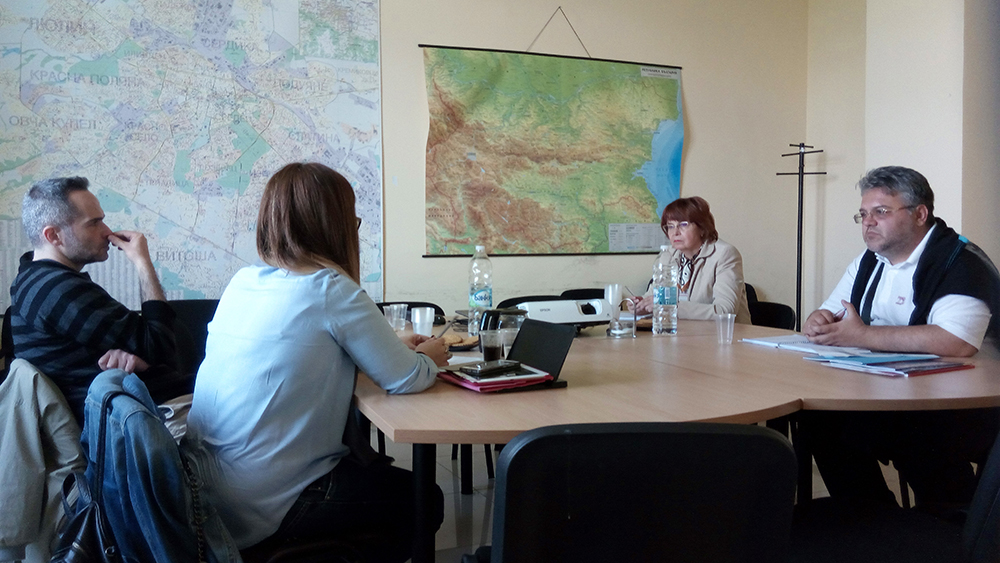 June 2020 saw alarming situation in Bulgaria: all harm reduction services with public funding stopped for the second time in three years. The oldest, biggest, and most experienced harm reduction organisation, Initiative for Health Foundation, DPNSEE member organisation, shut down too after a few years of struggling to ensure sustainability. As a consequence, no needle and syringe programs remained open in the country. The only working harm reduction facility for people who use drugs is in Sofia – the Pink House, the drop-in centre run by the Centre for Humane Policy, also DPNSEE member organisation, which covers its costs mainly by individual donations.
June 2020 saw alarming situation in Bulgaria: all harm reduction services with public funding stopped for the second time in three years. The oldest, biggest, and most experienced harm reduction organisation, Initiative for Health Foundation, DPNSEE member organisation, shut down too after a few years of struggling to ensure sustainability. As a consequence, no needle and syringe programs remained open in the country. The only working harm reduction facility for people who use drugs is in Sofia – the Pink House, the drop-in centre run by the Centre for Humane Policy, also DPNSEE member organisation, which covers its costs mainly by individual donations.
More about these black days for harm reduction in Bulgaria is available in the article prepared by Yuliya Georgieva and published by the Drug Reporter you can access following this link>>>.
DPNSEE have already warned about the alarming situation last autumn. We have launched an advocacy campaign with our colleagues from Correlation – European Harm Reduction Network and Eurasian Harm reduction Network about the situation with sustainability of harm reduction services in Albania, Bosnia and Herzegovina, Bulgaria and Romania. The three Networks expressed our deep concern about the situation and willingness to give contribution to finding solution and ensuring both quick response to the urgent needs and building a sustainable solution. We sent an appeal to the Global Fund to review their eligibility model of supporting middle income countries and a project proposal to the Radian call of the Elton John AIDS Fund. Unfortunately, our efforts were not successful. And the result is here.
Even more, it is expected that the only harm reduction service in Bosnia Herzegovina provided by the organisation Margina will also close as from September.




